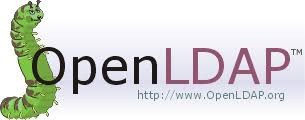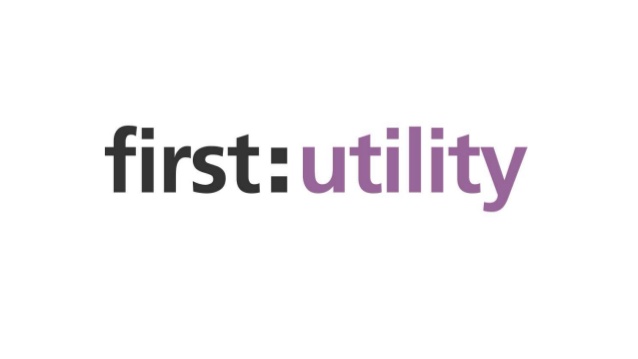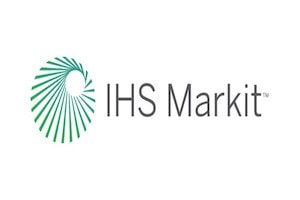
OpenLDAP is a powerful and flexible open-source directory service that has been a cornerstone of IT infrastructure for many organizations. While newer technologies emerge, OpenLDAP remains a relevant and valuable solution for managing user information and authentication. At Sirius, we help businesses leverage OpenLDAP effectively. Let's address some key questions.
They Ask: "What exactly is OpenLDAP, and what does it do?"
You Answer:
OpenLDAP is an open-source implementation of the Lightweight Directory Access Protocol (LDAP). Think of LDAP as a way for applications and systems to look up information about users, groups, and other objects in a centralized directory.
- Key Concepts:
- Directory Service: A specialized database optimized for reading data, not frequently changing data.
- LDAP: The protocol used to communicate with the directory service.
- Entries: Individual records in the directory (e.g., a user account).
- Attributes: Pieces of information about an entry (e.g., username, password, email address).
- Schema: Rules that define the types of information that can be stored in the directory.
- What OpenLDAP Does:
- Centralized User Management: Provides a single place to store and manage user credentials and information.
- Authentication: Verifies user identities when they log in to applications or systems.
- Authorization: Controls what resources users are allowed to access.
- Directory Information: Stores and retrieves other types of information, such as group memberships, contact details, and application settings.
They Ask: "Why should my business use OpenLDAP?"
You Answer:
OpenLDAP offers several compelling benefits for businesses:
- Cost-Effectiveness: Being open source, OpenLDAP eliminates licensing fees, reducing overall IT costs.
- Flexibility and Customization: OpenLDAP is highly configurable, allowing you to tailor it to your specific needs. You can extend the schema and adapt it to your data model.
- Scalability and Performance: OpenLDAP can handle large user populations and high query volumes, making it suitable for growing businesses.
- Standards-Based: OpenLDAP adheres to the LDAP standard, ensuring interoperability with a wide range of applications and systems.
- Security: OpenLDAP supports strong authentication and encryption mechanisms to protect sensitive data.
They Ask: "What are the key use cases for OpenLDAP in a modern enterprise?"
You Answer:
OpenLDAP remains relevant in various enterprise scenarios:
- Centralized Authentication: Integrating OpenLDAP with applications and systems for single sign-on (SSO), streamlining user access.
- Directory for Applications: Storing and managing user profiles, application settings, and other configuration data.
- Identity Management Infrastructure: Serving as a core component of a broader identity management solution.
- Legacy System Integration: Providing a directory service for older systems that may not support newer authentication protocols.
They Ask: "Isn't OpenLDAP outdated? Should we be using newer technologies?"
You Answer:
While newer technologies like OAuth 2.0 and OpenID Connect are gaining prominence, OpenLDAP is not necessarily outdated. It depends on your specific requirements.
- OpenLDAP's Strengths:
- Mature and stable: OpenLDAP has been around for a long time and is a proven technology.
- Well-suited for directory services: It excels at storing and retrieving structured information.
- When Newer Technologies Might Be Preferred:
- Web and Mobile Applications: OAuth 2.0 and OpenID Connect are often better suited for modern web and mobile applications.
- API Security: These protocols are designed for securing APIs.
- Federated Identity: They are key for federated identity, where users authenticate with one provider and access resources at another.
- The Right Tool for the Job: The best approach is to choose the right technology for the specific use case. OpenLDAP can coexist with newer protocols in a well-designed identity infrastructure.
They Ask: "What are the challenges of managing OpenLDAP effectively?"
You Answer:
Effective OpenLDAP management requires expertise:
- Schema Design: Designing an efficient and scalable schema is crucial.
- Performance Tuning: Optimizing OpenLDAP for performance can be complex.
- Replication and High Availability: Setting up replication and ensuring high availability requires careful planning.
- Security Hardening: Implementing security best practices is essential to protect the directory.
They Ask: "How can Sirius help with OpenLDAP?"
You Answer:
Sirius provides comprehensive OpenLDAP services:
- OpenLDAP Consulting: We help you design, plan, and implement OpenLDAP solutions that meet your business needs.
- OpenLDAP Implementation and Integration: We deploy and integrate OpenLDAP with your applications and systems.
- OpenLDAP Management and Support: We provide ongoing support, maintenance, and optimization for your OpenLDAP environment.
- OpenLDAP Migration: We assist with migrating from other directory services or older OpenLDAP versions.
- OpenLDAP Security Audits: We assess your OpenLDAP security posture and provide recommendations for improvement.
In Conclusion
OpenLDAP remains a valuable tool for many businesses. By addressing these common questions, we aim to provide clarity and demonstrate how Sirius can help you leverage OpenLDAP effectively.
















































